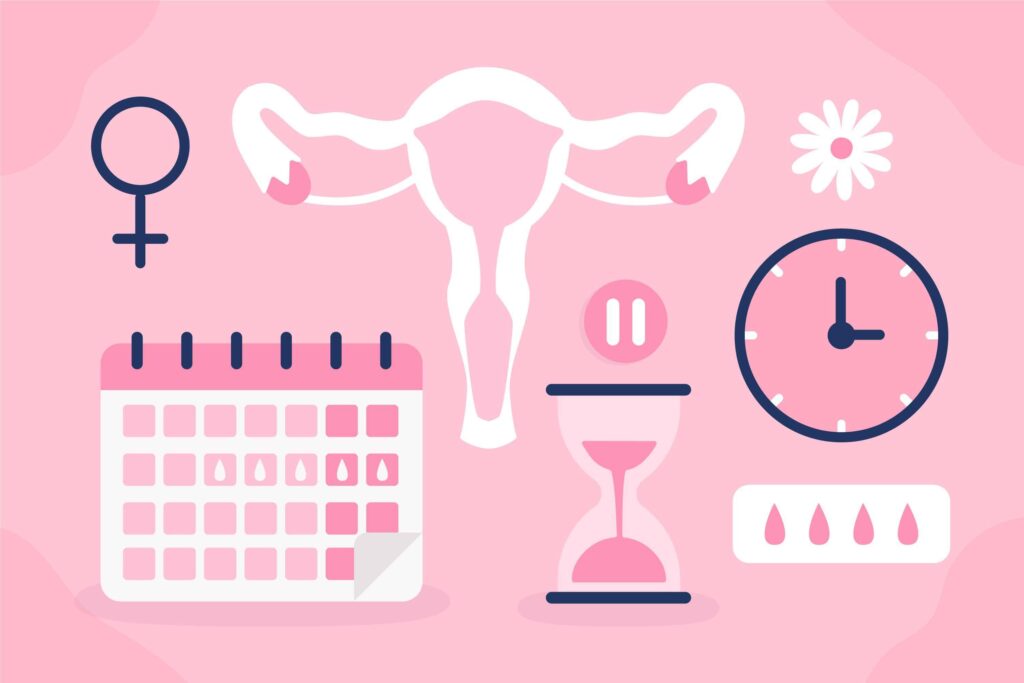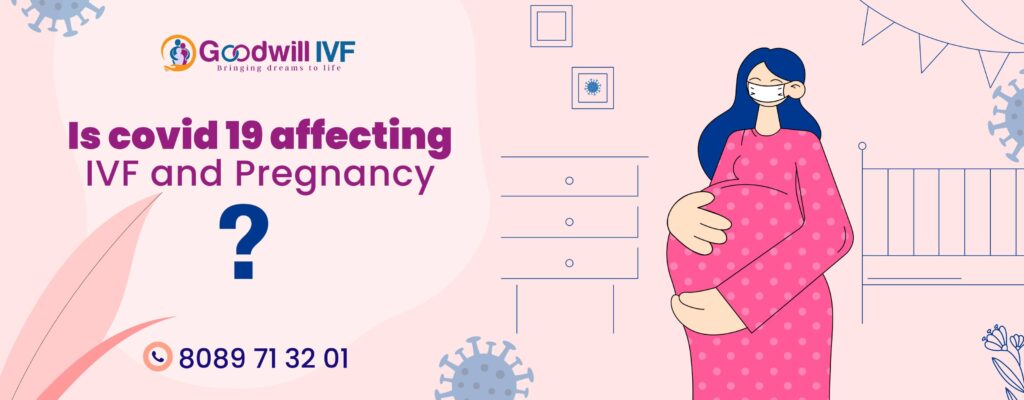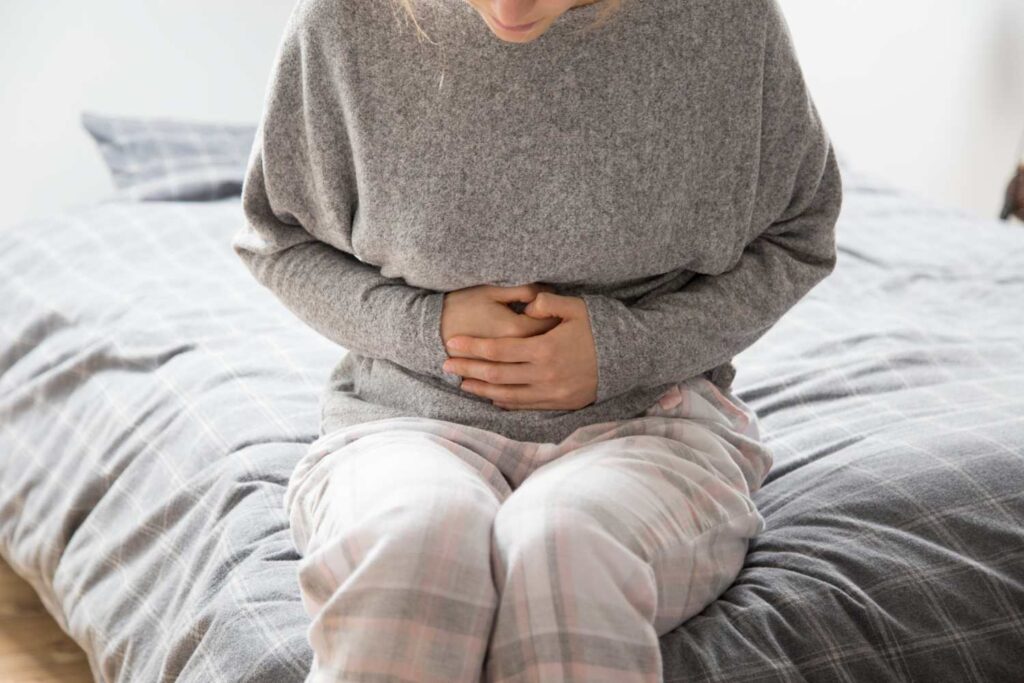Hormones are vital chemical messengers that help the body regularize its functions. Every hormone in the body aid in coordinating the body’s functions including growth and development, mood, sleep, emotions, and of course, sexual functions.
We all know the basic information about the human body. But when you are planning for a healthy pregnancy, a clear and precise idea of the hormones and their influence on fertility seems to be the right move. The main human reproductive hormones – estrogen, progesterone, and testosterone, play important roles in fertility and sexuality.
Learn more about three of the most significant fertility hormones, what they do during the process, and what you can do to acquire healthy levels of each hormone to boost your chances of conceiving.
Now, let’s have a detailed discussion about the roles of estrogen, progesterone, and testosterone in fertility for both males and females and know how they may affect your chances of becoming pregnant.
Fertility Role of Estrogen
Estrogen comprises the hormones estradiol, estriol, and estrone, which play a significant part in a woman’s growth and reproductive development.
Both estrogen and estradiol play critical roles in the production of fertility hormones. Estradiol is one of the most essential estrogen types. The ovaries generate eggs, which are the body’s primary source of estrogen. A woman’s estradiol levels can reveal information about the health of her ovaries and the quality of her eggs. The body’s estrogen levels can alter a woman’s degree of fertility if they are too high or too low.
Menopause and surgical removal of the ovaries are the most common causes of decreased estrogen in women. Men also contain estrogen but in lesser quantities.
As a result of the decline in estrogen, some women get menstrual migraines and severe headaches that occur just before their period.
Low levels of estrogen in men might result in increased abdominal fat and diminished sexual drive.
Symptoms of estrogen deficiency in women include:
- Menstrual cycles that are less frequent or cease altogether
- Vaginal dryness and thinning Low sexual desire
- Flashes of heat (a sudden feeling of warmth) and/or nighttime sweats
- Dry skin
- Trouble falling asleep
- Mood swings
In addition to the above issues, an excess of estrogen can cause:
- Gain of weight in primarily abdominal, hip, and thigh
- experiencing depression or anxiety
- Menstrual issues (light or heavy menstrual bleeding)
- Fibrocystic breasts (non-cancerous breast lumps)
- Premenstrual syndrome deterioration
- Fatigue
- Fibroids in the uterus are benign tumors.
- Absence of libido
Fertility Role of Progesterone
Progesterone, also known as the pregnancy hormone, is a steroid hormone that belongs to the progestogen’s hormone class. It is secreted by the corpus luteum, a transient endocrine gland that the female body creates in the second half of the menstrual cycle following ovulation.
Progesterone is frequently required during Assisted Reproductive Technology (ART) treatments, such as in-vitro fertilization. This is because the drugs used during these procedures can inhibit the body’s natural ability to make progesterone.
A deep understanding of progesterone and progestins will assist women in making well-informed decisions regarding their reproductive health.
After ovulation, progesterone prepares the endometrium for the possibility of pregnancy. It stimulates the lining to expand in order to accommodate a fertilized egg. It also prevents uterine muscular contractions that lead the body to reject an egg.
Women with low progesterone levels will have irregular menstrual periods and may have difficulty conceiving since progesterone does not stimulate the necessary environment for an egg to develop. Women with low progesterone levels who are able to conceive are at a greater risk for miscarriage or premature delivery because the hormone is essential for maintaining pregnancy.
Indications of low progesterone levels include:
- Abnormal uterine bleeding
- Unexpected bleeds and abdominal discomfort during pregnancy
- Missed or irregular periods
- Recurring miscarriages
Fertility Role of Testosterone
Testosterone is the primary male sex hormone. It regulates male physical characteristics. Testicles produce testosterone. Women have testosterone, but at far lower concentrations compared to men.
Testosterone is a vital male hormone that plays an important role in sex drive and sperm production, and its deficiency can have a negative impact on male fertility. It is common practice to examine a man’s sperm count when a couple has trouble conceiving. If the sperm count is low, measuring testosterone is the prescribed next step.
Early symptoms and indications of testosterone deficiency in men include:
- A reduction in sex drive
- Low sperm count
- Poor erections
- Enlarged or sensitive breasts
Because excess abdominal fat converts testosterone to estrogen, men who are overweight or obese typically have decreased testosterone levels. In terms of raising sperm count, a healthy lifestyle will likely have a greater influence than testosterone replacement medication.
When trying to conceive, hormones, particularly estrogen, progesterone, and testosterone, should be closely monitored. Your ability to conceive a child can be seriously affected by levels that are too high or low of these reproductive hormones. If you and your partner find it hard to conceive due to hormone issues, then Goodwill IVF, the best IVF center in Ernakulam, could assist you to achieve optimal hormone levels and thereby a healthy fertility journey.


